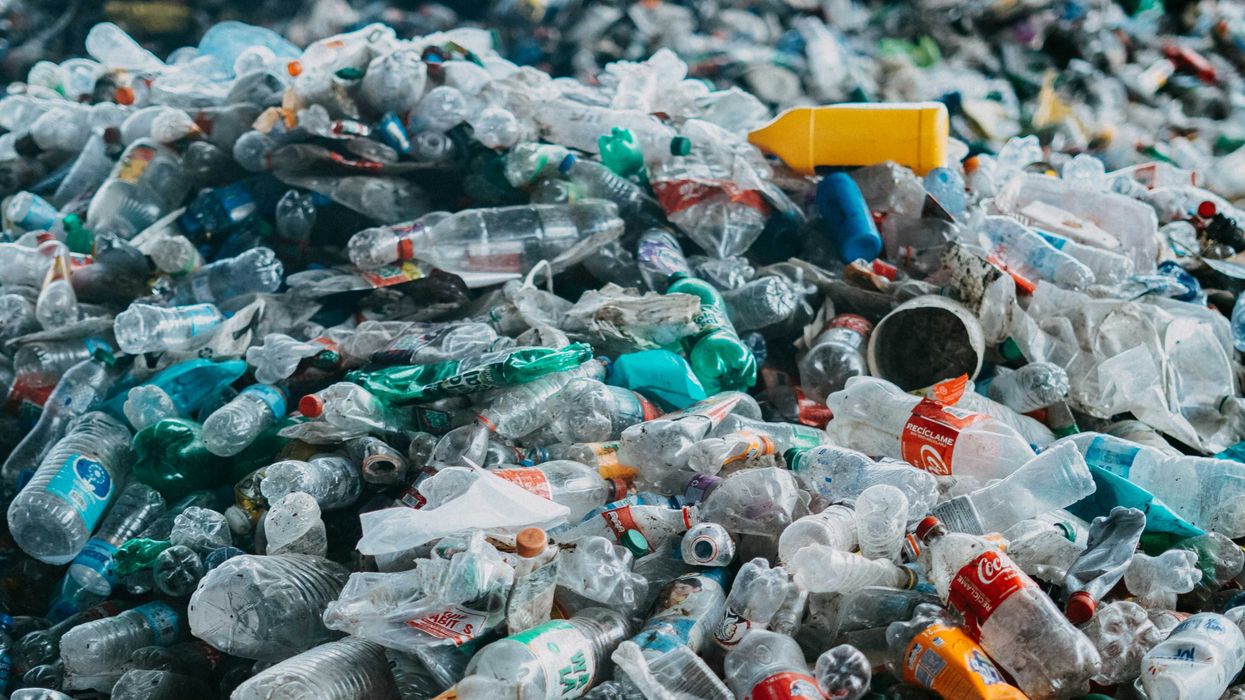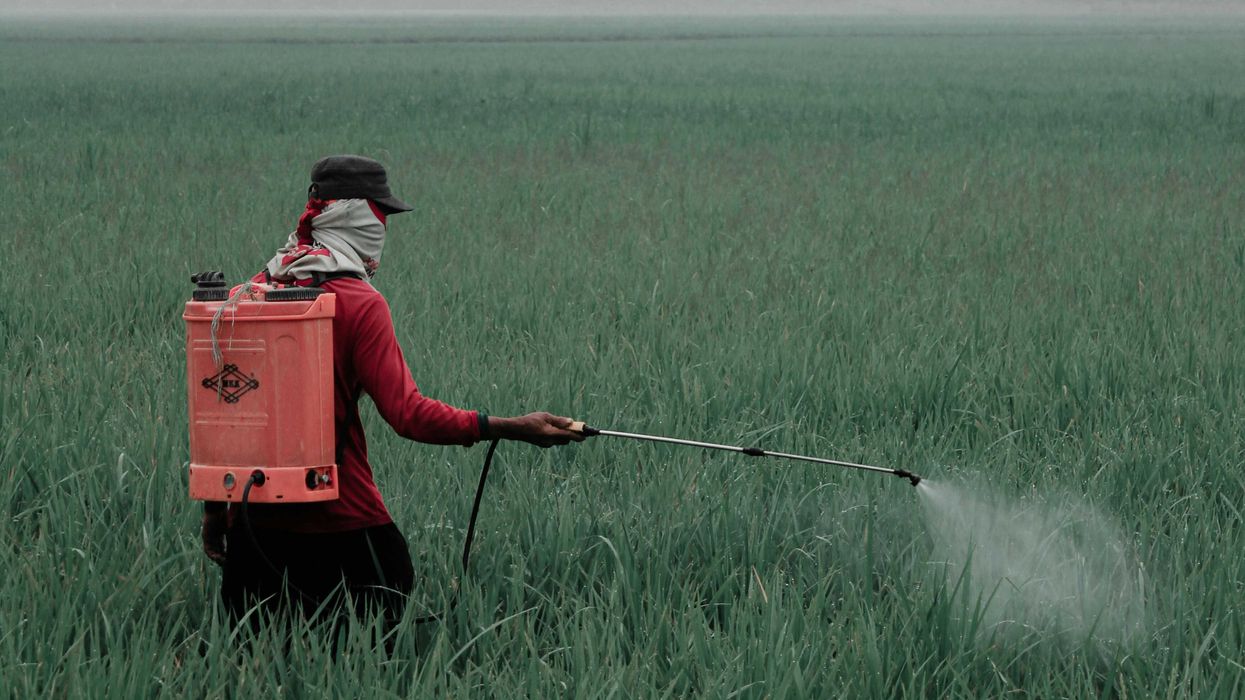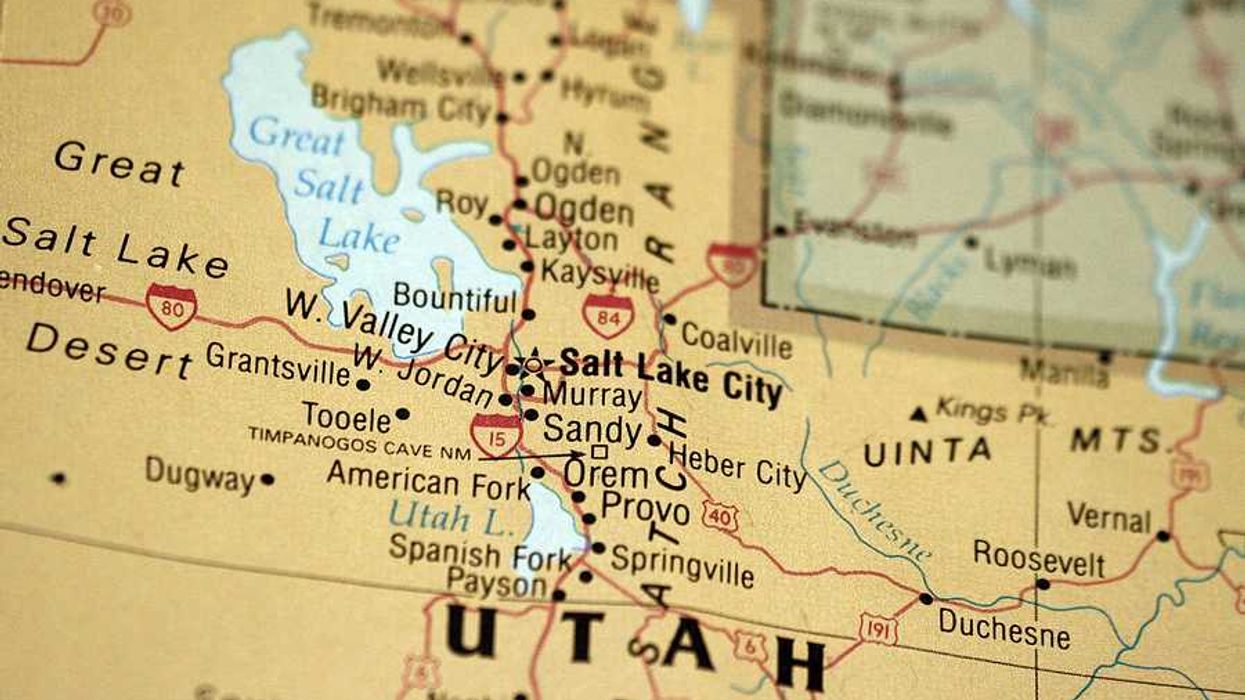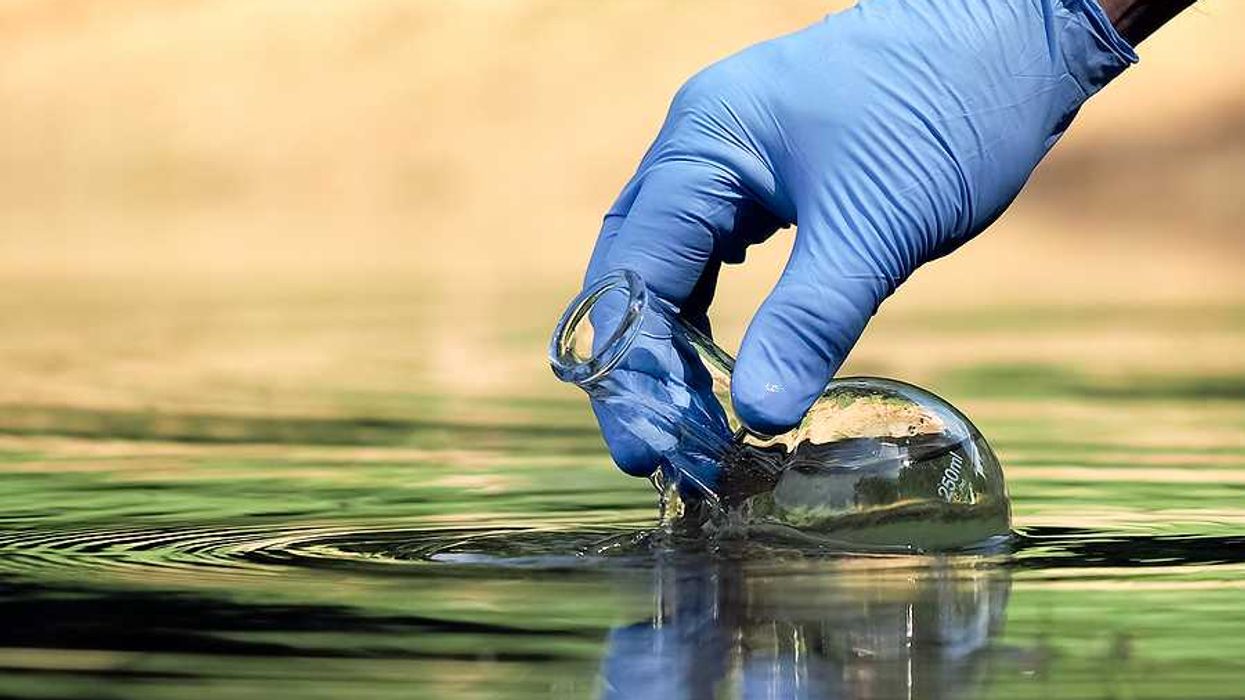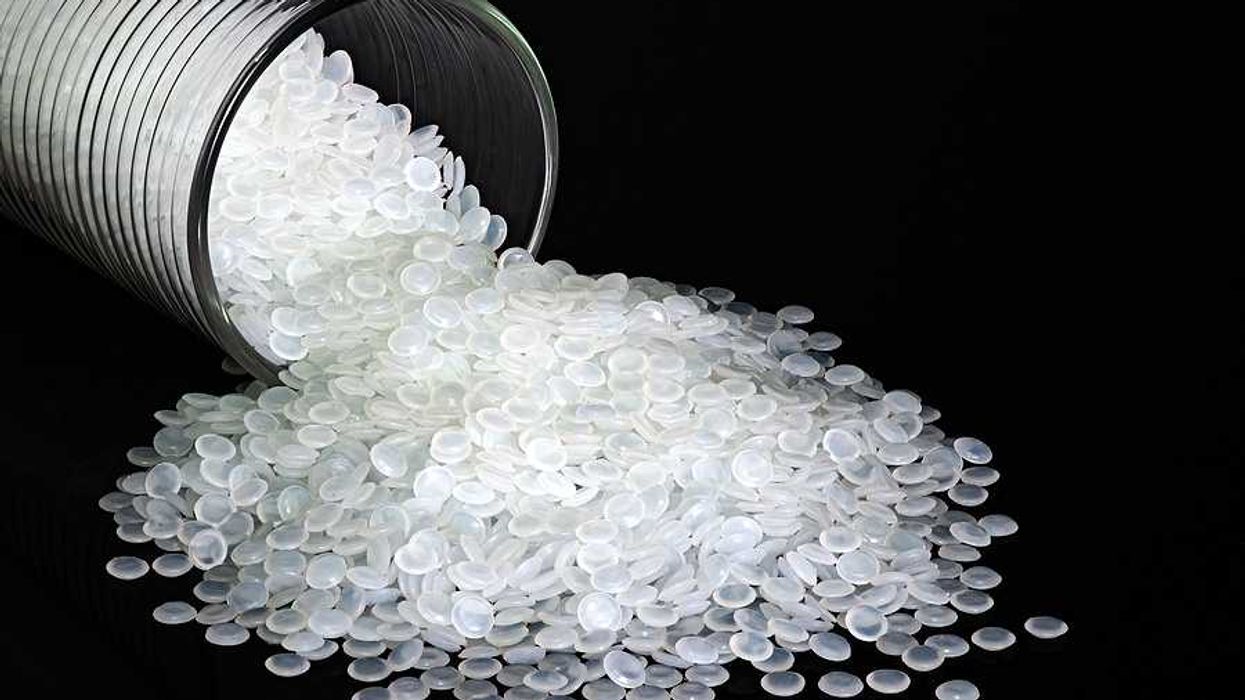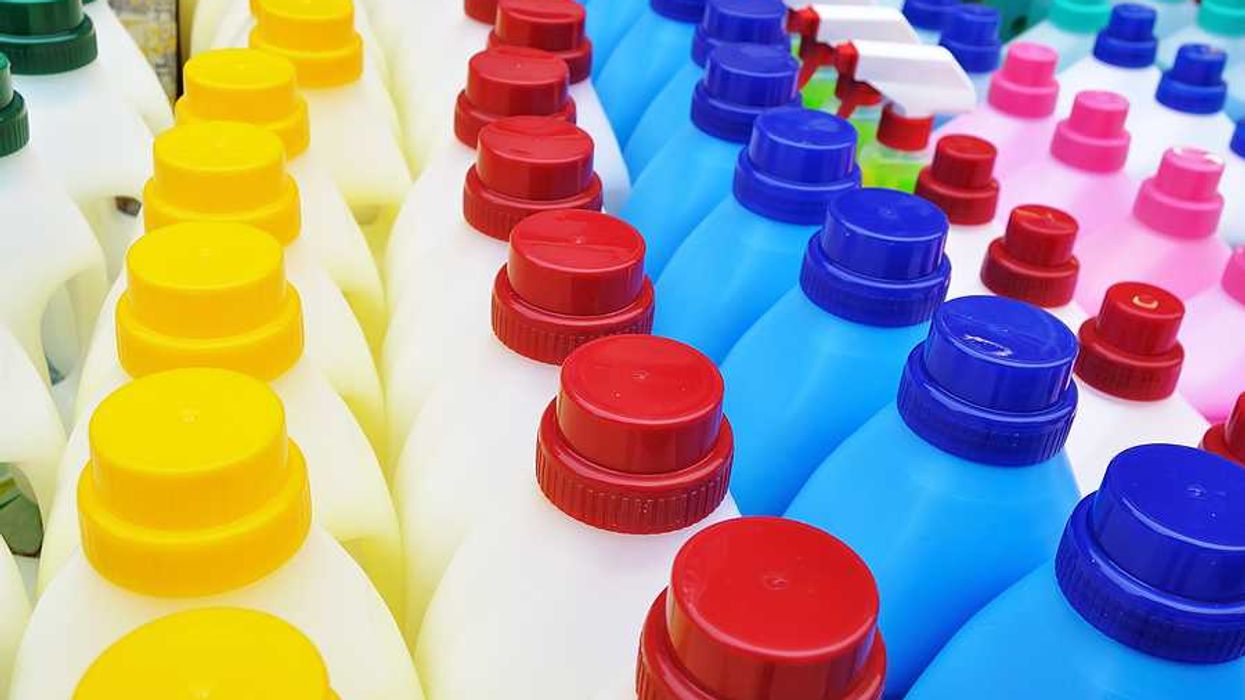A growing body of research connects the use of biosolids — fertilizer made from treated human waste — to serious health risks, but Oklahoma lawmakers continue to stall efforts to ban the practice, leaving farmers and rural communities vulnerable.
Juan Vassallo reports for Investigate Midwest.
In short:
- Despite evidence that biosolids can carry PFAS chemicals, pathogens, and heavy metals, Oklahoma’s legislature blocked a bill that would have banned their use on farmland by 2027.
- Farmers and rural residents report illnesses and environmental contamination, yet state agencies promote biosolids as a beneficial practice and push for legal shields for municipalities.
- Insurance companies are adjusting policies to exclude coverage for damages linked to biosolids, shifting risks onto farmers and landowners.
Key quote:
“Not only are people not aware that we do this across the nation, we have no knowledge of the chronic exposure.”
— Paula Yockel, founder of Mission 503
Why this matters:
The land application of sewage sludge, or biosolids, exposes rural communities to a hidden but mounting health risk. Biosolids can carry PFAS chemicals — known as "forever chemicals" for their resistance to breaking down — which have been linked to cancers, reproductive issues, and immune system harm. Pathogens and heavy metals in biosolids pose additional risks to human health and the environment, contaminating soil, water supplies, and food chains. Oklahoma’s inaction mirrors a broader national issue: regulatory gaps leave states to manage a complex waste stream without uniform safeguards. Farmers, often unaware of the dangers, may see their land, livestock, and livelihoods tainted with substances difficult or impossible to remove. Meanwhile, urban centers unload their waste on rural areas under the guise of sustainability, raising ethical concerns about environmental justice and public health.
Related EHN coverage: Opinion: How toxic fertilizers create toxic municipal bonds


